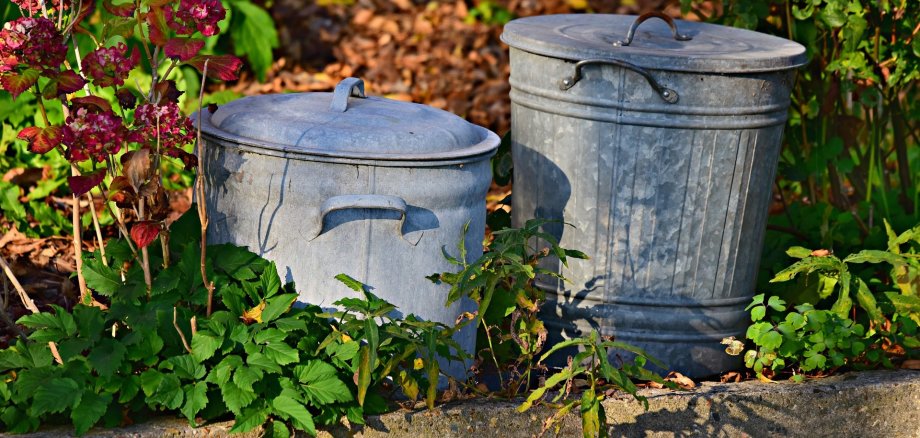In Rodgau, 22,555 tonnes were moved or collected last year via doorstep collection, at the recycling centre, in waste bins and as illegal waste. In addition, 5794 tonnes of appliances, such as fridges and televisions, were collected as bulky waste from doorsteps or disposed of at the recycling centre. These masses of waste are "managed" by the Rodgau public utility company. That's not quite enough, because the "yellow bags" are on top of that. However, these are recycled by a private company and disposal is financed via the "Green Dot" on the packaging of the products. However, an additional 1650 tonnes of packaging waste were collected in 2024. In the vast majority of cases, Rodgau residents dispose of their waste properly. Unfortunately, however, there are always some environmental pigs who dispose of their waste illegally at the expense of the general public. Because that's what it is in the end: a mess that burdens all taxpayers. Last year, more than 400 reports of illegal waste dumping were received by the municipal utilities via the Incident Management Centre (AEM). In addition, there were countless telephone calls and emails. These reports included, for example, 2 tonnes of asbestos and 300 old tyres, which are indeed increasingly found in the forest and at leisure facilities during the "tyre change season". This year, 180 nitrous oxide cylinders were found and disposed of by the municipal utilities. Costs around 3700 euros because it is hazardous waste. "People who dispose of their rubbish illegally are not only a financial burden on a community, but also a burden on its well-being," says Mayor Max Breitenbach, because "who likes to meander through piles of rubbish on a walk?". But even on a small scale, it is important to show consideration for others and the environment. Discarded butts, spit-out chewing gum, crumpled pieces of paper or dog poo or poo bags must be cleaned up by the person on or in front of whose property they lie, stick or stink. Disposing of this so-called litter is easy in Rodgau. After all, more than 1100 rubbish bins serve as a legal partner in waste disposal. Apart from that, you should generally dispose of all your own rubbish in your own rubbish bin. Unfortunately, the really big litterers are rarely held accountable and can therefore be asked to pay. On your own doorstep or in your neighbourhood, however, you could perhaps ... Stadtwerke and the city are now taking up this idea and want to raise awareness of the issue of waste and its disposal. For example, a new information flyer is being published. It explains once again that the bins must not be overfilled, what happens if they are filled incorrectly and who has to dispose of the "blown in" small waste on the street. A colouring and craft book is created for the little ones in the final groups of the daycare centres, which is intended to reinforce the handling of waste in a playful way from an early age. The book even includes tips on how to avoid rubbish. These initial steps will be followed by others. All in all, it is an attempt to sensitise children in a gentle and charming way. Everyone can take part and there are no age or other restrictions, but there is one common goal: "Less rubbish = more well-being".
